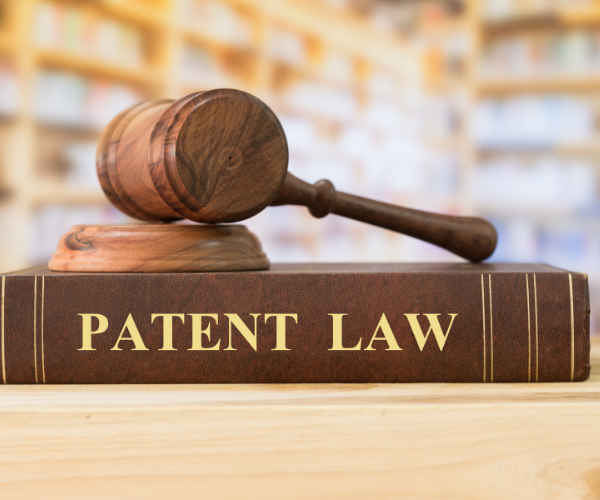
In our previous article we have seen what Patent Ambiguity in the Last Will and Testament is. In our today's article we will have a look at what type of evidence is admissible in cases of Patent Ambiguity.
Extrinsic or Extraneous evidence in simple words is irrelevant or unrelated to the subject being dealt with. In the cases of Patent Ambiguity in the Last will & Testament, the court will admit extrinsic evidence. Oral evidence is also admissible to show circumstances, habits and state of the testator's family which would include the names of testator's friends on the principle of justice, equity and good conscience.
Suppose two wills were executed on two dates, the latter Will raising ambiguity on the face of it on whether it was a substitution for or in addition to the earlier will. External evidence shall be admissible to ascertain the testator's intention. When evidence of intention is admissible, declaration made by the testator before and after as well as declaration contemporaneous/simultaneous with the Will are also admissible.
There is also another class of cases where extrinsic evidence is admissible i.e. where there is an imputation of fraud in the making of the Will and in cases of alterations appearing on the face of the Will.
